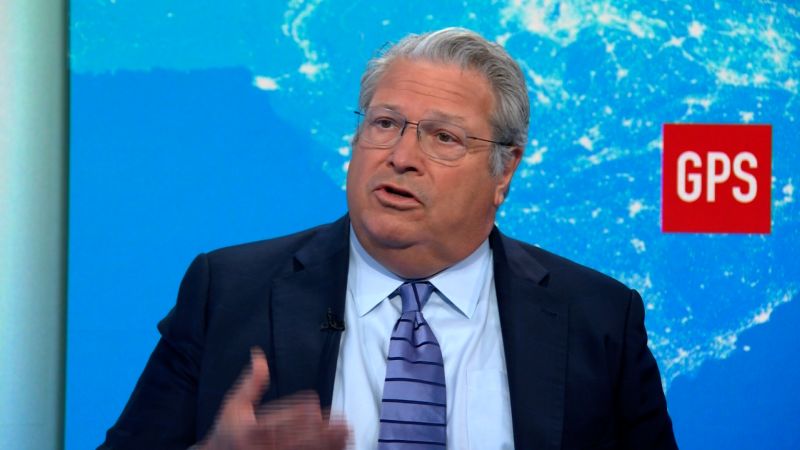Throughout American history, there has been a strong strain of “anti-liberalism” that has manifested itself in various ways. Robert Kagan, a historian and author of “Rebellion,” discusses how former President Donald Trump tapped into this sentiment with his populist rhetoric and policies. Kagan explains that Trump’s brand of anti-liberalism is not new, but rather rooted in a long history of resistance to the liberal ideals of democracy, rule of law, and individual rights. This resistance has often been driven by a fear of change, a desire to protect the status quo, and a distrust of the government and institutions that promote liberal values.
Kagan argues that Trump’s anti-liberalism is a continuation of a historical trend in American politics, rather than a departure from it. He points to past examples of anti-liberalism, such as the American Revolution, the Civil War, and the rise of the Ku Klux Klan, to demonstrate how this sentiment has shaped the nation’s political landscape. Kagan suggests that anti-liberalism often emerges during times of social upheaval and economic uncertainty, when people feel threatened by change and seek to preserve traditional values and hierarchies.
One of the key characteristics of anti-liberalism, according to Kagan, is its rejection of the principles of democracy and equality. Trump’s attacks on the media, the judiciary, and the electoral process, as well as his embrace of authoritarian leaders, reflect this rejection of liberal values. Kagan argues that Trump’s anti-liberalism has been fueled by a sense of grievance and victimhood among his supporters, who feel marginalized and disenfranchised by the political establishment. This sense of grievance has been exacerbated by social and economic changes that have left many Americans feeling left behind.
Despite its historical roots, Kagan believes that Trump’s anti-liberalism poses a unique threat to American democracy. He warns that Trump’s attacks on the rule of law, the separation of powers, and the free press are eroding the foundations of liberal democracy and undermining the country’s institutions. Kagan argues that if the United States is to overcome this threat, it will require a reaffirmation of liberal values and a commitment to defending democracy against those who seek to undermine it. He suggests that this will require a renewed focus on educating the public about the importance of liberal values and engaging in a national conversation about the future of American democracy.
In conclusion, Kagan’s analysis of Trump’s anti-liberalism highlights the deep-seated historical roots of this sentiment in American politics. By tracing the evolution of anti-liberalism from the founding of the nation to the present day, Kagan sheds light on the enduring appeal of this ideology and its potential dangers to democracy. He argues that in order to confront this threat, it will require a concerted effort to defend and uphold the principles of liberalism, including democracy, rule of law, and individual rights. The future of American democracy may depend on the ability of its citizens to recognize and resist the allure of anti-liberalism, and to reaffirm their commitment to the values that have long defined the nation.













